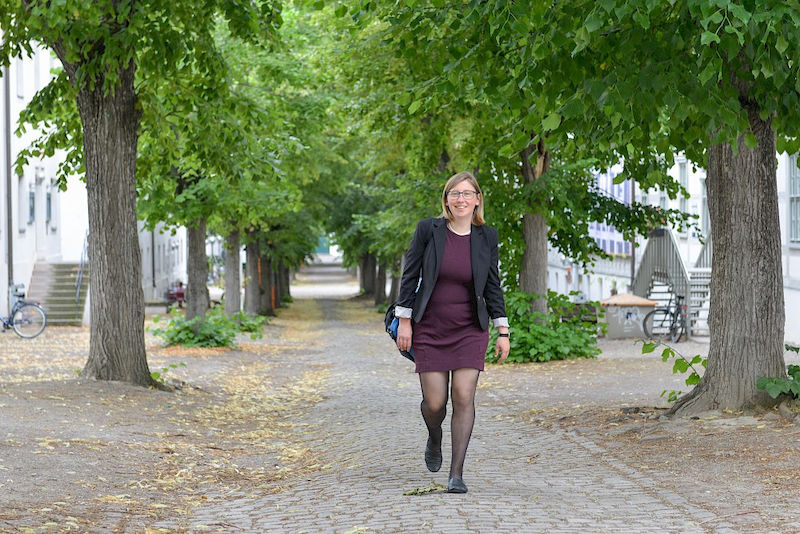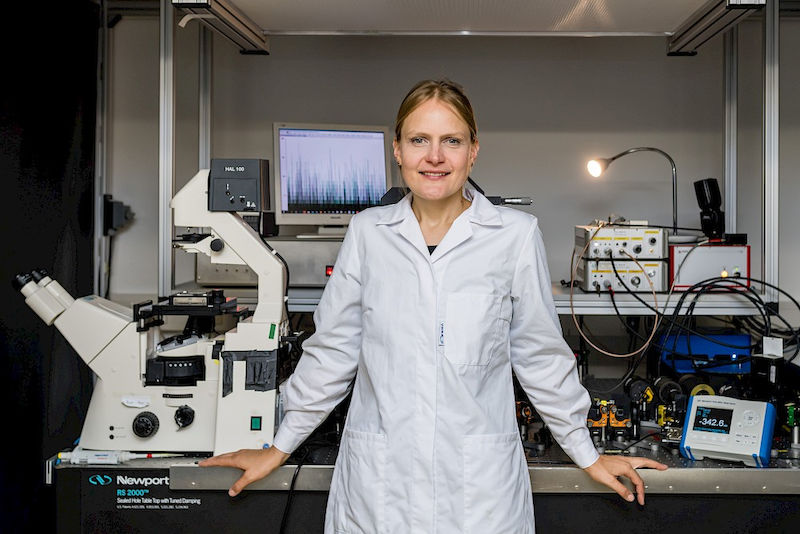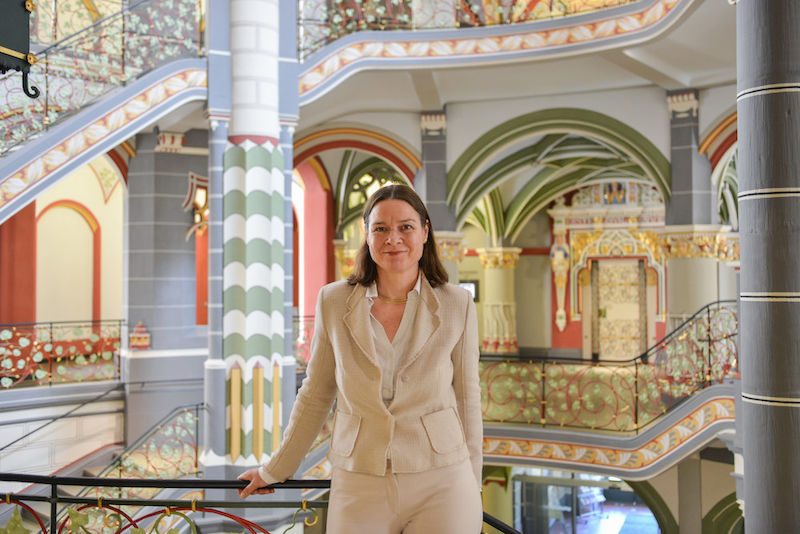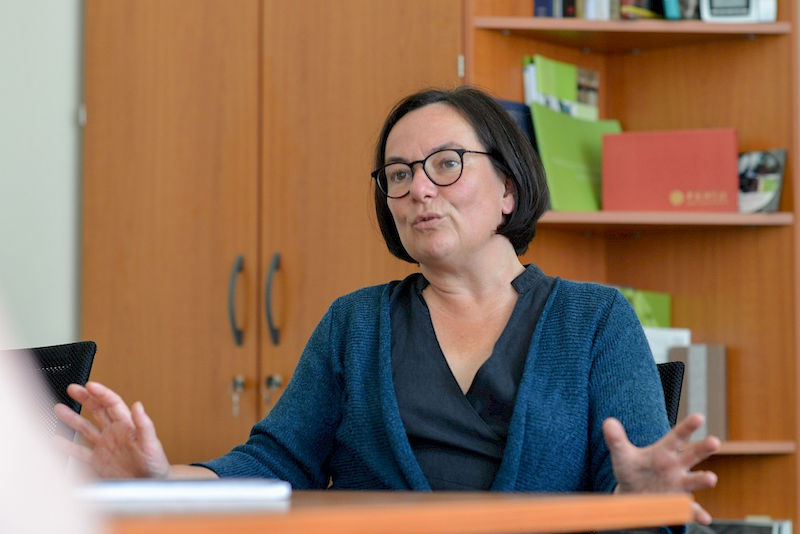
Packages from San Francisco
Computer scientists at universities in Central Germany are downloading a copy of the World Wide Web from the Internet Archive - the world’s largest public library of historical websites. It is expected to open up new areas of research in the field of computer science as well as in the social sciences and the humanities. Read more








